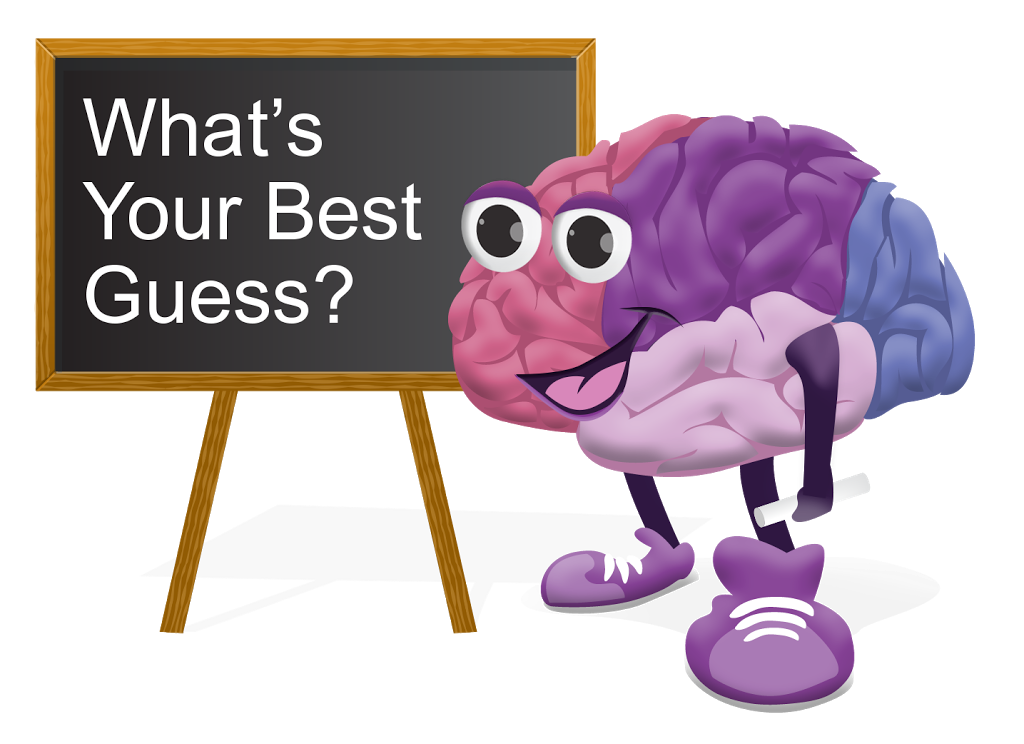Reminiscence and Dementia
The power of reminiscence is a tool that should not be underestimated in dementia care.
Long-term memory involves the retrieval process and permanent storage of an unlimited amount of information and the ability to retrieve this information again at another time. One type of storage system is called non-declarative memory. Non-declarative memory begins to develop in early childhood and includes habits and skills that are practiced with much repetition. This involves unconscious and nonverbal recall of past experiences and is less impaired in many forms of cognitive impairment. Because this memory system is usually less impaired, non-declarative memory-based tasks have the potential to generate positive effects for people with dementia. Reminiscence is the recall of memories and events from the past. Reminiscence activities can be part of a person-centered approach to caring that improves the wellbeing of people with dementia. By using stimuli such as music and pictures, reminiscence therapy leads to improvements in depression, loneliness, and overall mental well-being. In addition to these benefits, reminiscence therapy can also improve the care partner’s relationship with the person with dementia by connecting on a more personal level.
Here are some great programs and organizations that promote reminiscence as a tool:
StoryCorps is an innovative organization with a program dedicated to record an individual interview session with a person with dementia. The ultimate goal of this is to preserve and store important and touching memories for both the family and the individual. The StoryCorps is unique in that the interview is stored in the United States Library of Congress for public access. Read more at http://storycorps.org/memory-loss/
The Timeslips program creates an improvisational storytelling workshop for people with dementia that is fueled more by imagination than facts or memories. New stories are formulated and told by participants that help them connect with staff, family, and friends in new ways. Read more at http://www.timeslips.org/
Music and Memory is an organization that strives to connect people with dementia and other mental/physical conditions to reconnect with themselves through the gift of personalized music. By having trained professionals set up distinctive playlists, music therapy is able to tap into deep memories. Read more at https://musicandmemory.org/
The Sporting Memories Network utilizes the power of reminiscence as a tool for people with dementia. By using sport icons, images, and conversations, this organization helps tackle, depression, social isolation, and dementia. Read more at http://www.sportingmemoriesnetwork.com/smn/
The “I CAN! I WILL!” project gathers hundreds of personal and informational stories from both people with dementia and their caregivers. This project has an expansive database of ideas for both support and awareness. Read more at http://www.alz.co.uk/icaniwill
The Memory Method is a program that assembles a group of people with dementia where they discuss memories amongst themselves. Volunteer coordinators sit in on this session and suggest new topics and subjects. The goal is to have the people with dementia talk without interruption and create a memory flow. Read more at http://www.globalaging.org/elderrights/world/2005/helping.htm


